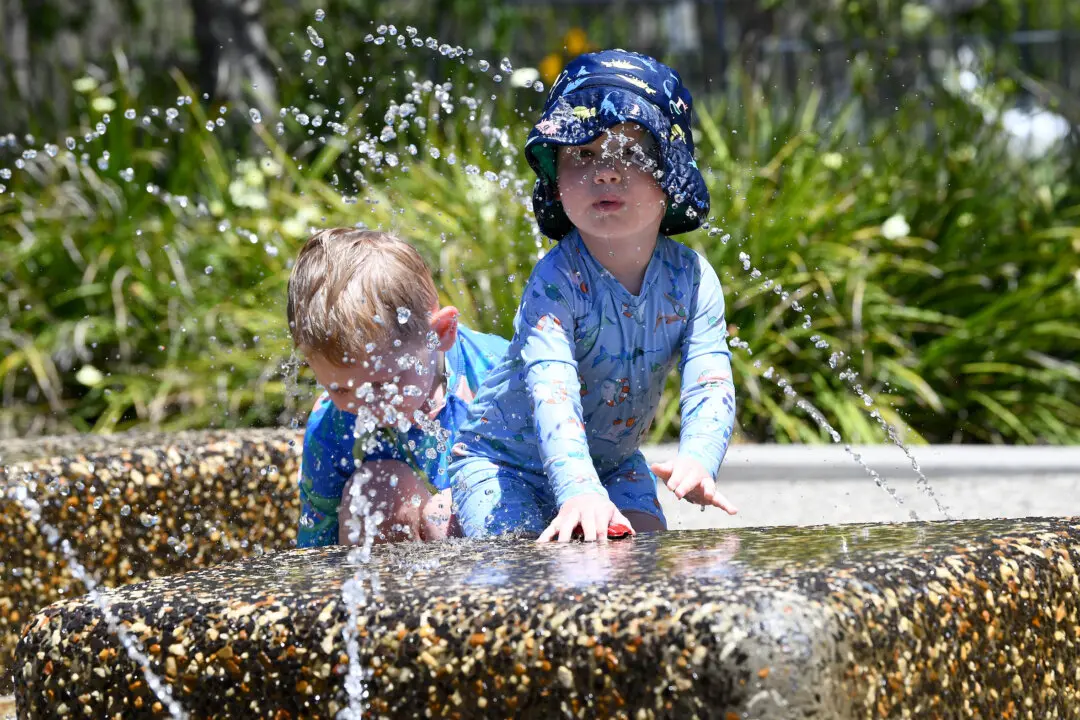Global tech giants will be forced to tackle child sexual abuse material and pro-terror content on their platforms under two new standards to be enforced by Australia’s eSafety commissioner.
From Dec. 22, tech companies Apple, Google, Microsoft, and Meta will be required to take “meaningful steps” to stop this harmful content being stored, distributed or generated under the ‘world first’ standards.





